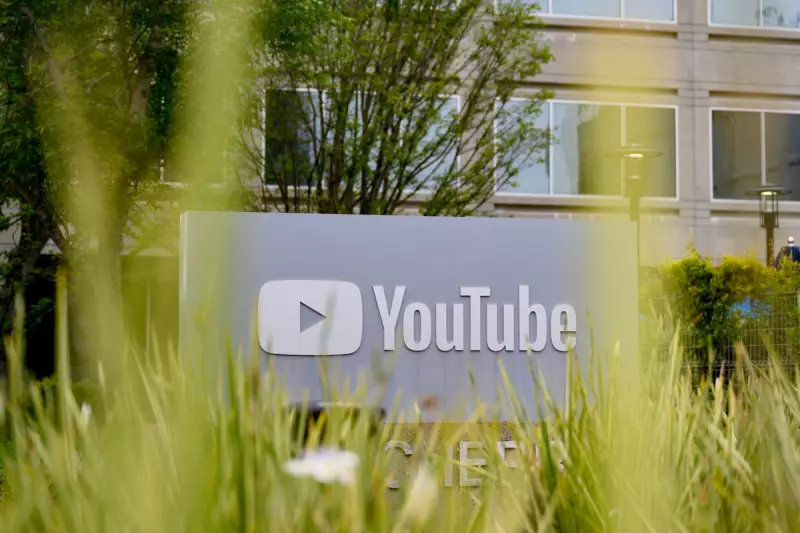
In a dramatic move that has left millions of streaming subscribers in the lurch, Disney-owned channels including ESPN, FX, and National Geographic have been pulled from YouTube TV's lineup. The blackout comes after parent companies Disney and Google failed to reach a new distribution agreement before their previous contract expired.
What channels are affected?
The disruption affects some of the most popular channels in YouTube TV's offering. Subscribers have lost access to:
- ESPN and all its affiliated channels
- FX and its family of networks
- National Geographic channels
- All other Disney-owned television properties
Why this matters for streaming customers
This represents one of the most significant channel blackouts in the history of streaming television services. YouTube TV, which positions itself as a cable replacement service, now faces a substantial content gap that could drive subscribers to competing platforms.
The timing is particularly problematic for sports fans, who rely on ESPN for live sporting events including NBA games, college football, and major tennis tournaments.
Financial implications and subscriber concerns
Industry analysts suggest the dispute centres around carriage fees, with Disney seeking higher payments for its content while Google aims to control costs for its streaming service. This classic cable television standoff has now fully migrated to the streaming world.
YouTube TV has acknowledged the disruption, stating they are working to restore the channels while offering a temporary $15 price reduction to affected subscribers. However, many customers are expressing frustration on social media, with some threatening to switch services if the situation isn't resolved quickly.
The bigger picture for streaming television
This confrontation highlights the growing pains of the streaming industry as it matures. What began as a cost-effective alternative to traditional cable is now facing the same carriage fee disputes that have plagued the cable industry for decades.
As consolidation continues in the media landscape, with companies like Disney controlling vast content libraries, streaming services face increasing pressure to pay premium prices for must-have channels.
The outcome of this dispute could set important precedents for future negotiations between content owners and streaming platforms, potentially influencing subscription prices across the entire industry.





